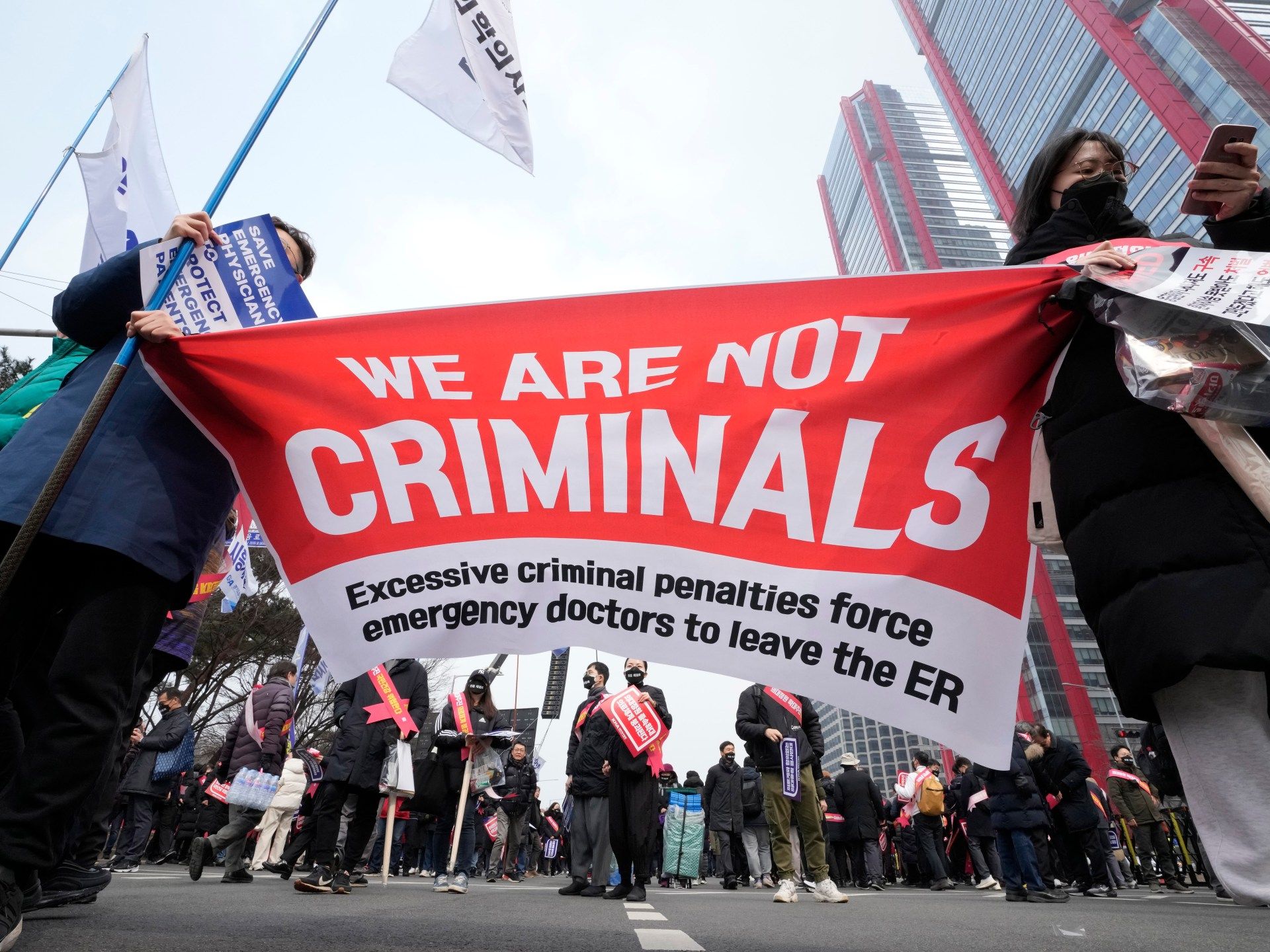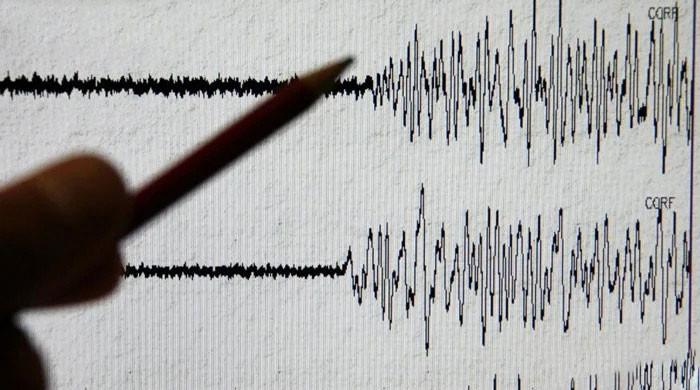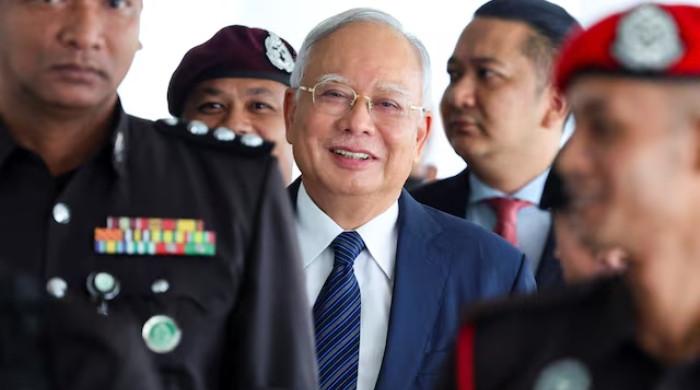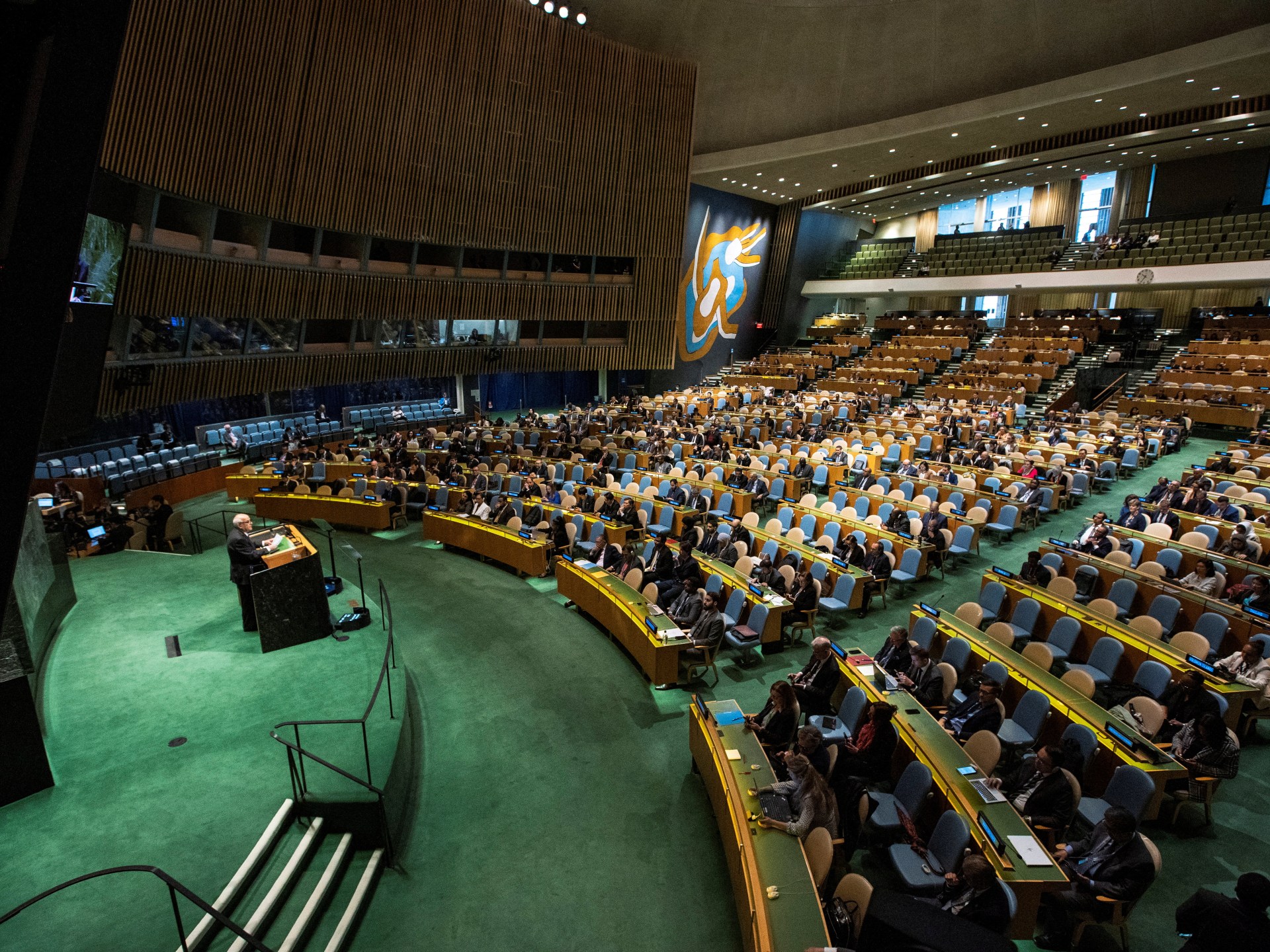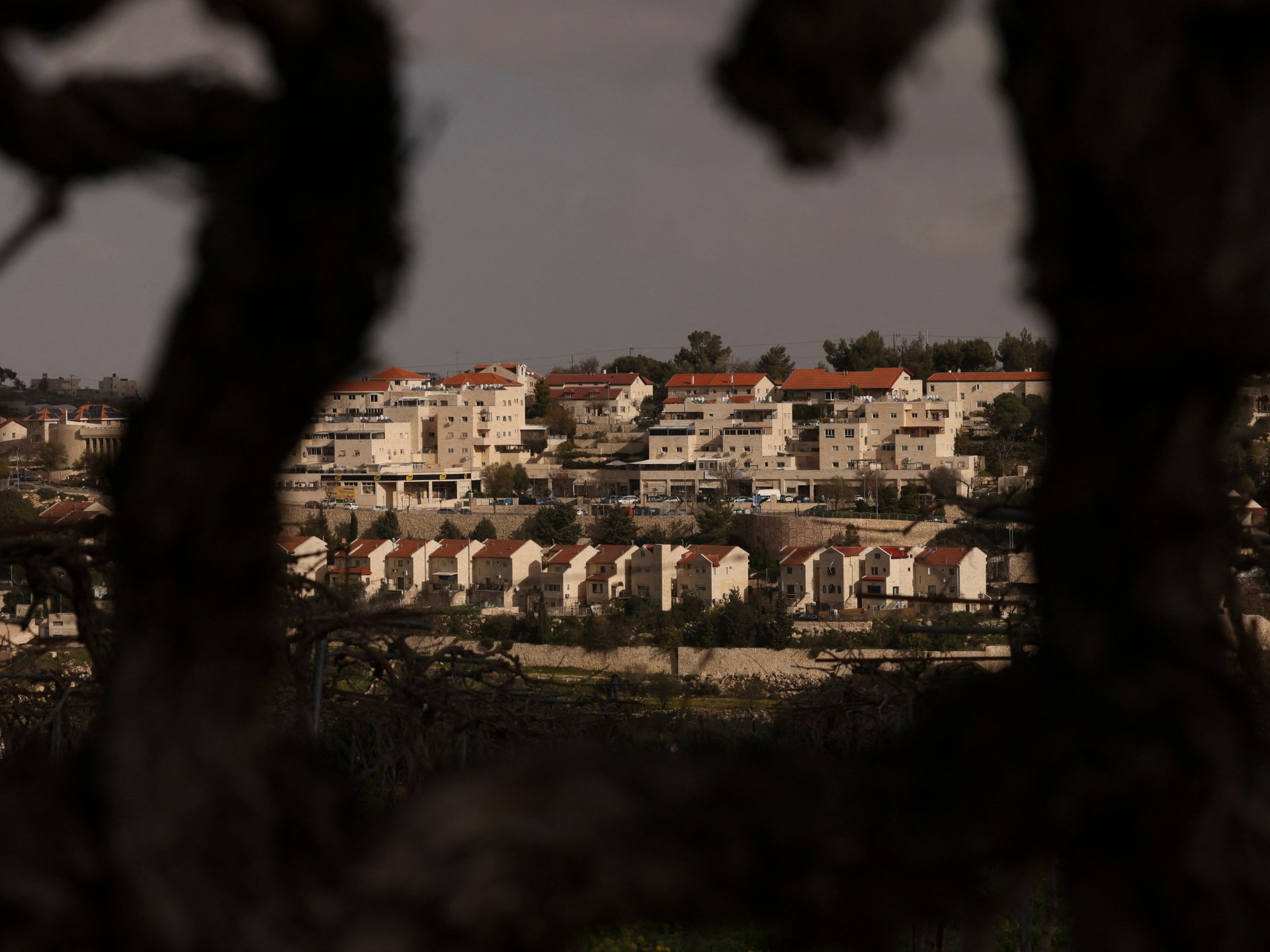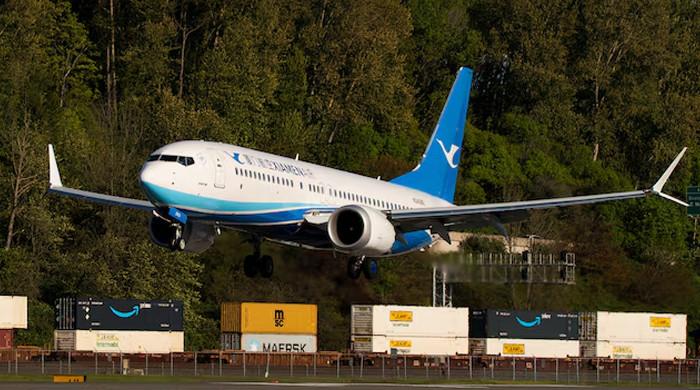Some 9,000 doctors walked off the job two weeks ago over government plans to increase medical school admissions.
South Korea has said it will suspend the licenses of doctors in training who ignored an ultimatum to end a strike over government plans to boost medical school admissions.
Some 9,000 young doctors left on February 20, leading to the cancellation of some operations and treatments, as well as hampering the functioning of hospital emergency units.
On Monday, Health Minister Cho Kyoo-hong said authorities would visit hospitals to find out whether doctors had returned to work and “take measures in accordance with the law and principles without exception.”
In a televised briefing, he said those who had not returned “could experience serious problems in their personal careers.”
The doctors who are on strike are a fraction of South Korea's 140,000 doctors. But they represent up to 40 percent of all doctors in some major hospitals.
Thousands of people took to the streets of Seoul on Sunday in a mass demonstration organized by the Korean Medical Association (KMA), which represents private doctors, defying the government's February 29 deadline for them to return to work or face action. legal proceedings, including possible arrest.
Doctors say the government should first address salaries and working conditions before trying to increase the number of doctors.
“The government is unilaterally pushing reforms and doctors cannot accept that under any circumstances,” Kim Taek-woo of the Korean Medical Association told the crowd of protesters, who wore black masks.
Under South Korean law, doctors cannot go on strike.
“The government is well aware of the reasons why all doctors oppose increasing medical school admissions, but they are exploiting policies to turn doctors into slaves forever.”
The government says the move to increase the number of students admitted to medical schools by 2,000 from the 2025 academic year is necessary due to the rapidly aging population and low number of doctors for the country's patients. With 2.6 doctors per 1,000 inhabitants, South Korea's rate is one of the lowest in the developed world.
The plan to increase medical school admissions is popular among the public, with about 76 percent of respondents in favor, regardless of political affiliation, according to a recent Gallup Korea poll.
President Yoon Suk-yeol has taken a hard line on the strike and has seen his approval ratings rise as the standoff drags on.
With legislative elections due in April and Yoon's party seeking to regain a parliamentary majority, the government is unlikely to reach a deal quickly, analysts said.
But doctors have also vowed not to back down, saying the government's plan does not address the sector's real problems.
“We no longer have anywhere to retreat. We will not stand by while the government acts in an undemocratic manner,” acting KMA chief Lee Jeong-geun said at Sunday's protest.

